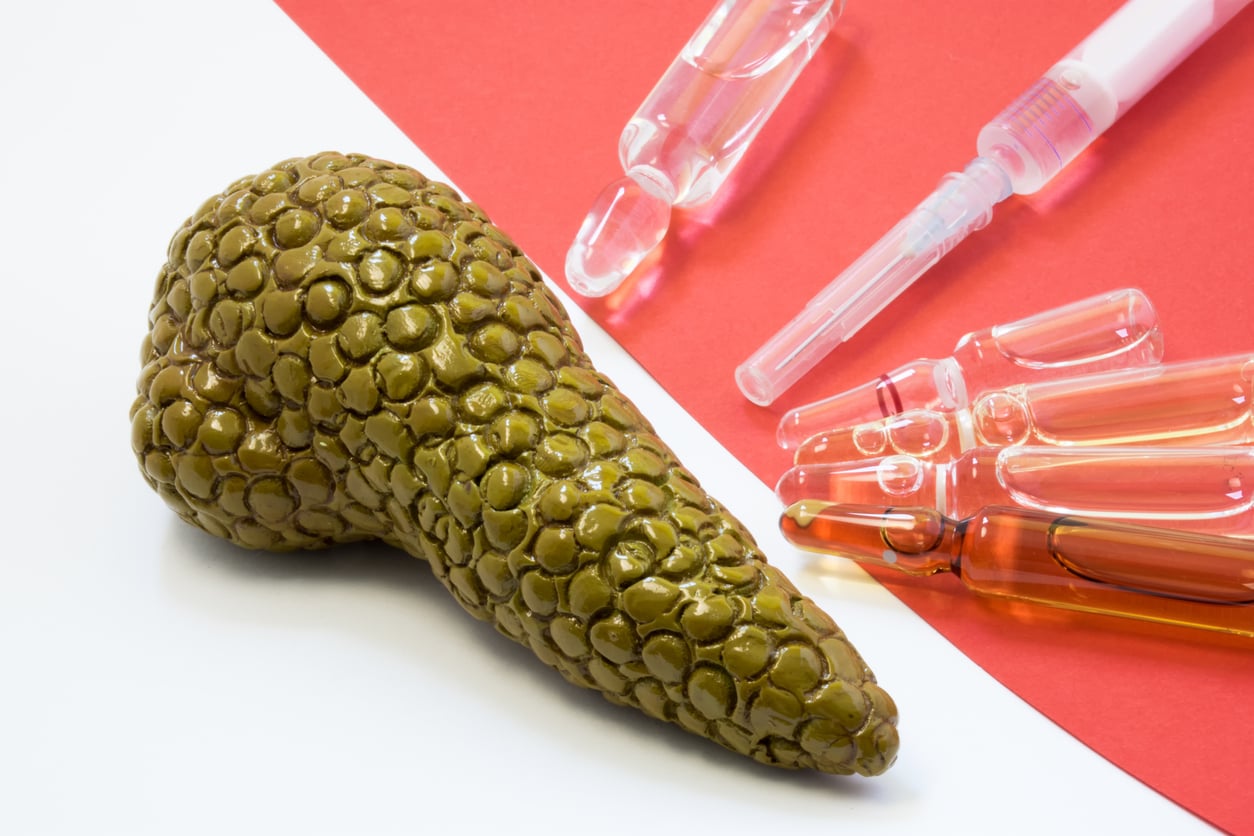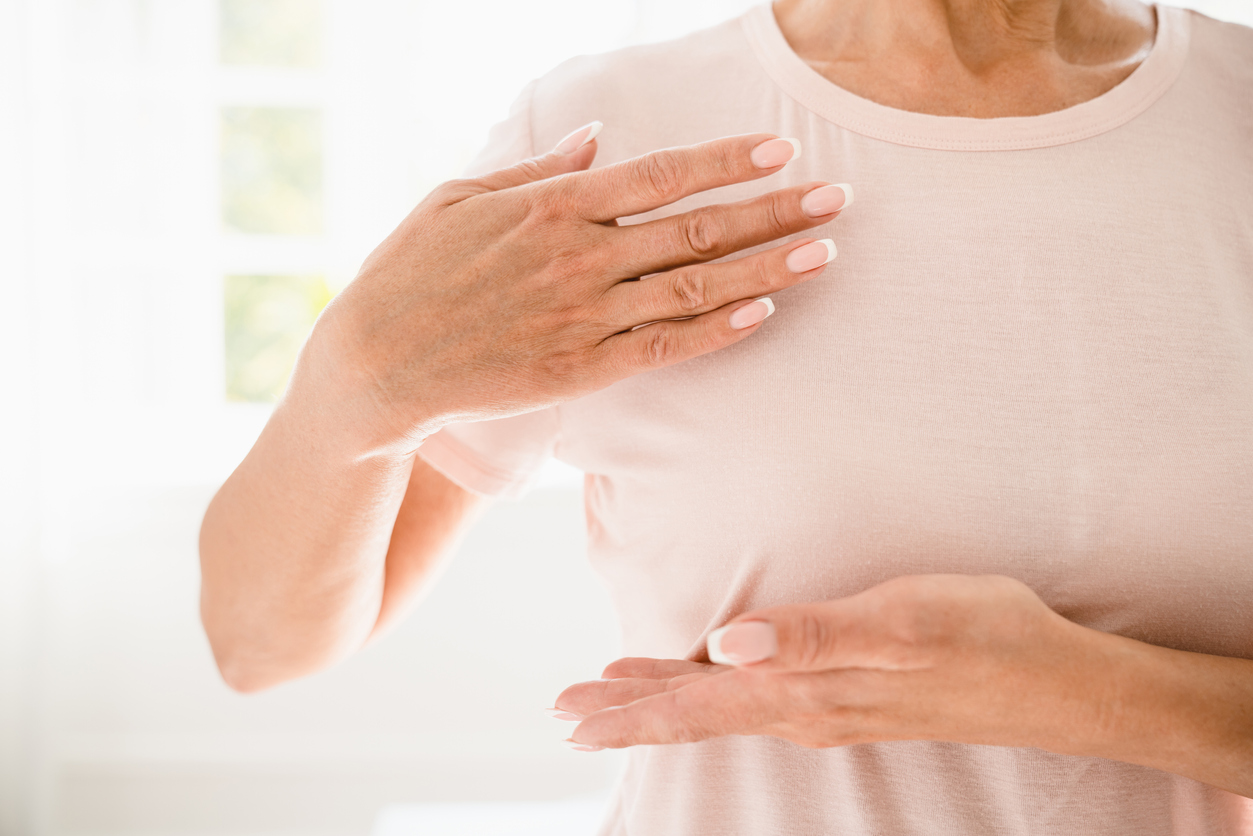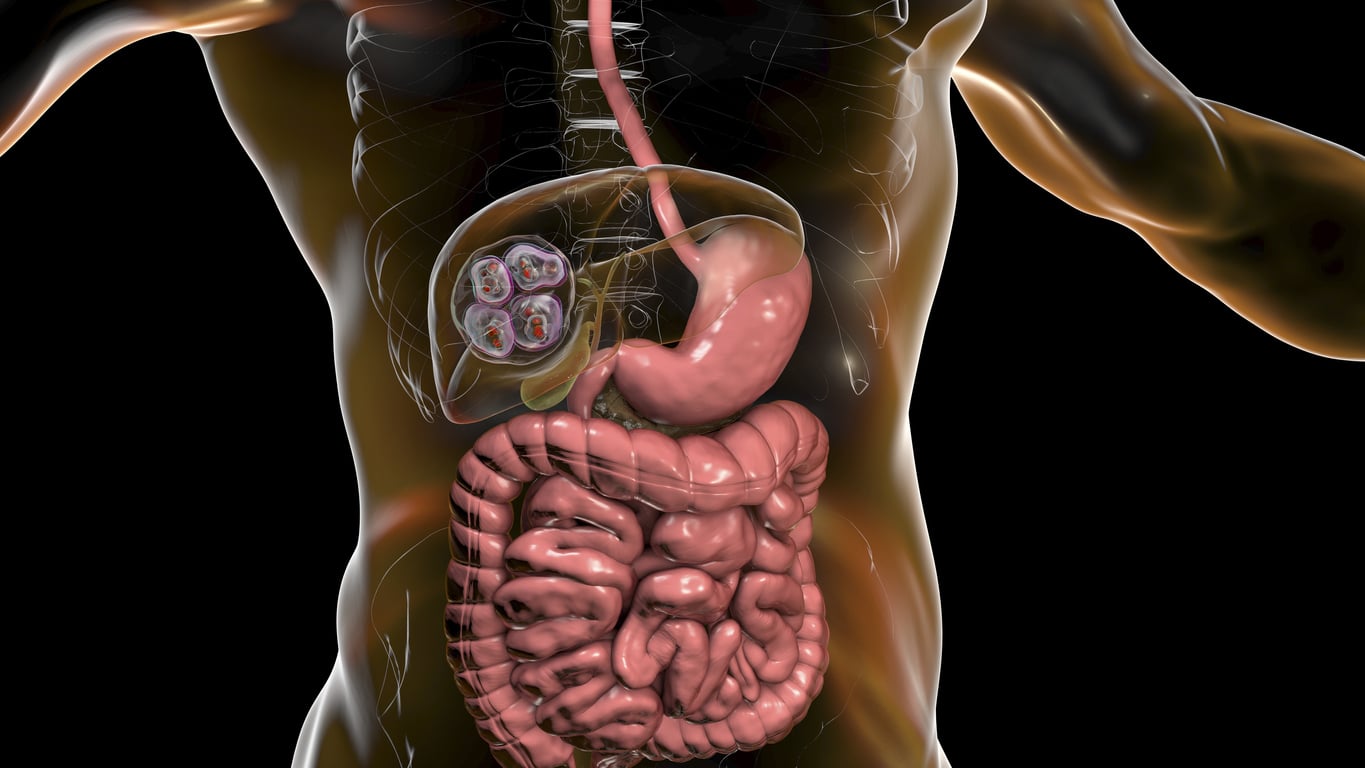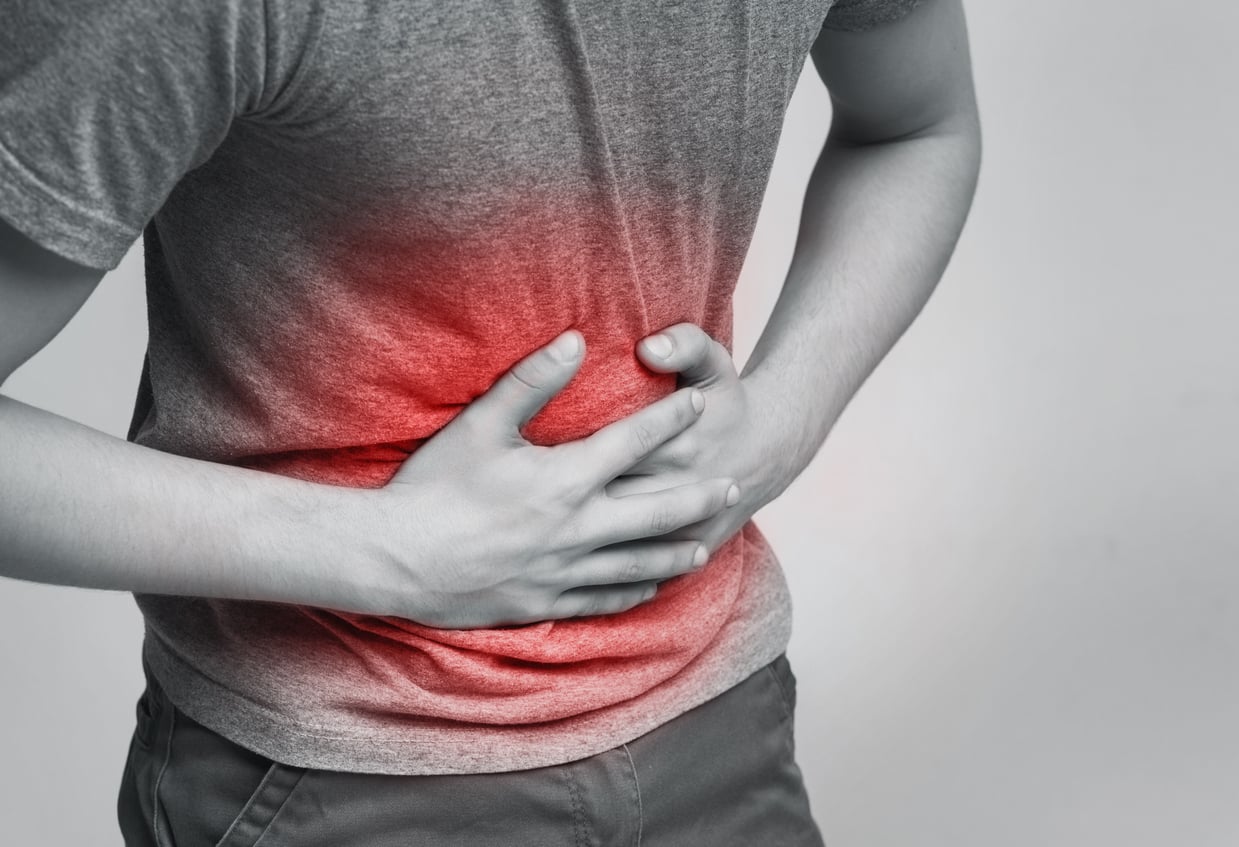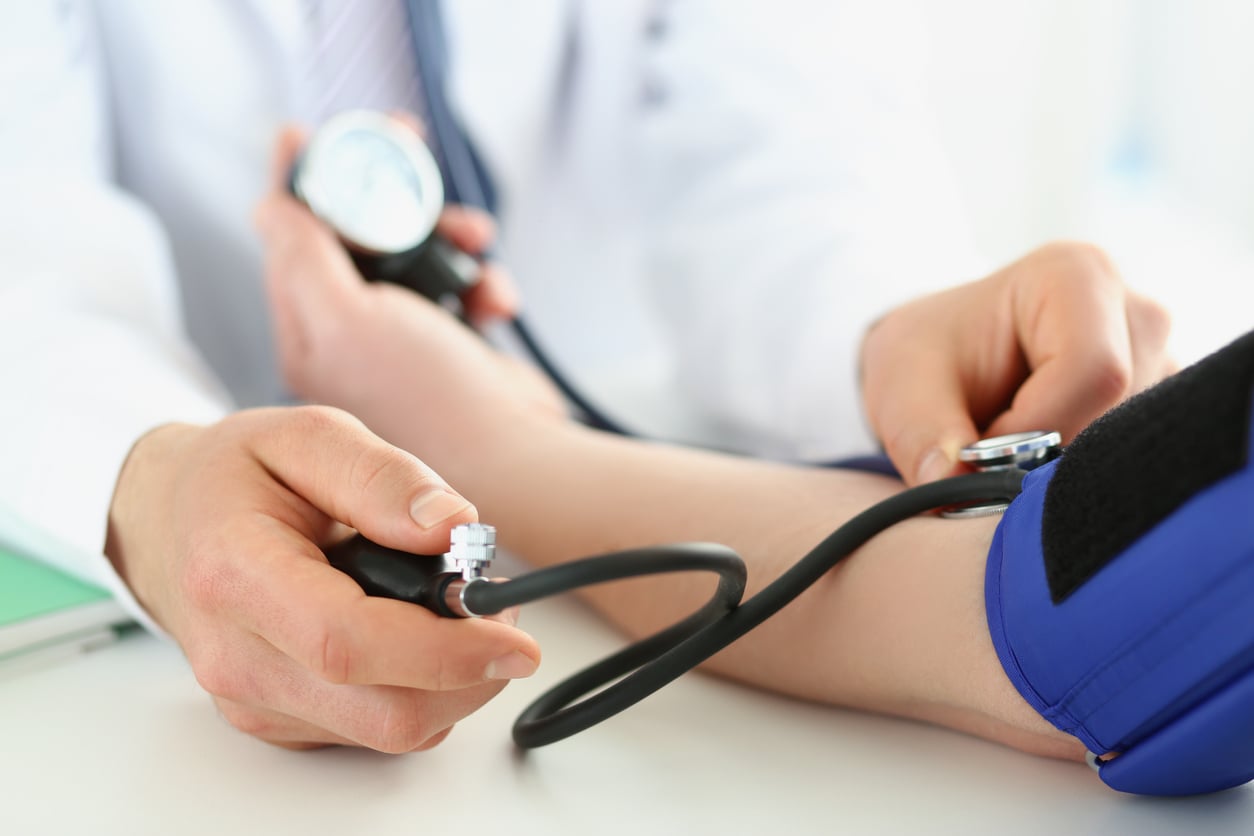Frequently Asked Questions about Acute Pancreatitis
You can live with a single kidney, a spleen, an appendix or your gallbladder. You cannot live without a pancreas. The long, flat gland produces hormones, namely insulin, and enzymes, and is arguably as essential as the heart. The mention of pancreatic cancer turns any conversation deathly serious, very quickly. Acute pancreatitis, which raises one's risk for pancreatic cancer, hospitalizes nearly 300,000 people in the United States each year, and the mortality rate ranges from 10% to 30% depending on severity. The most common cause of acute pancreatitis is gallstones. The over-consumption of alcohol, however, is a very close second place, accounting for roughly 30% of treatable cases. Some doctors argue closer to 70% of cases are due to alcohol consumption.
What is The Pancreas?
The pancreas is essential to digestion. It is often overlooked because it cannot be viewed properly without surgery. This is part and parcel of pancreatic issues and the reason for the high death rates stemming from its malfunction.
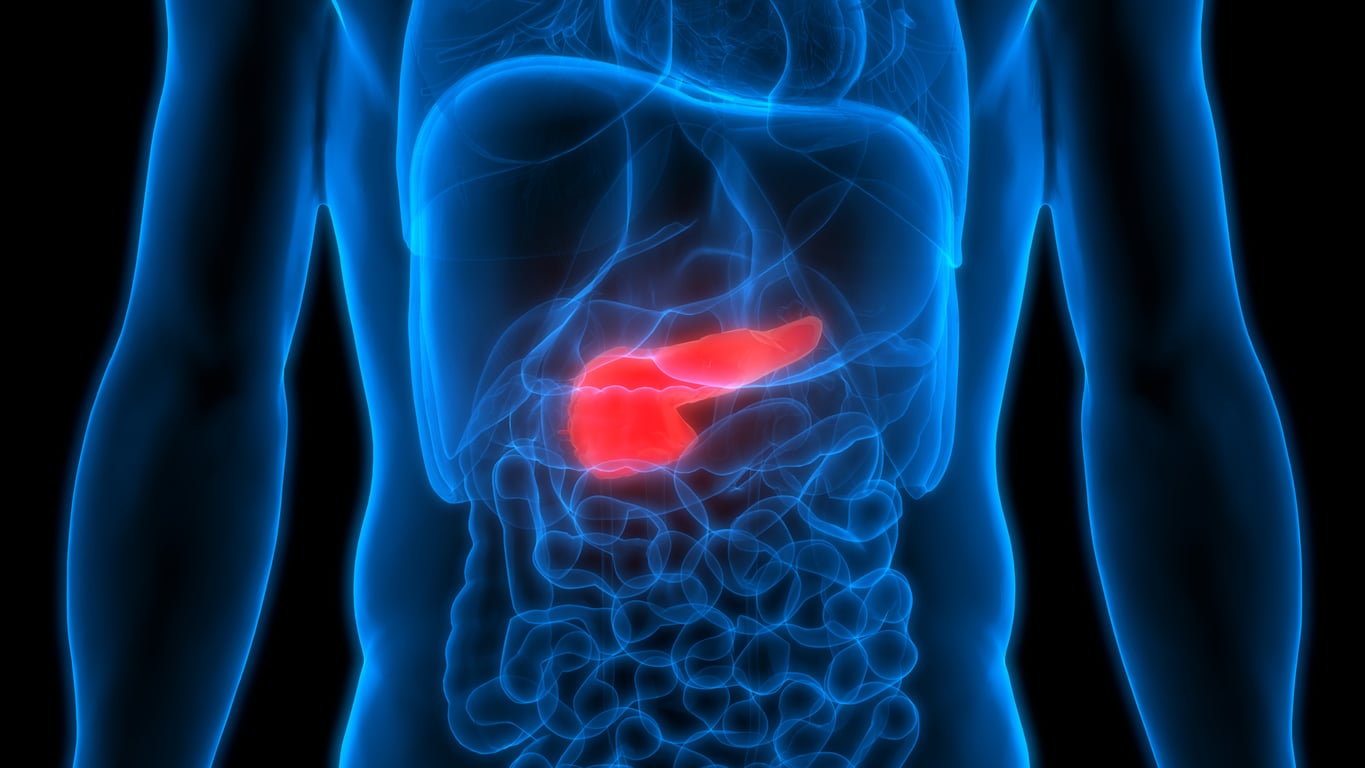
What is Pancreatitis?
Pancreatitis is the sudden inflammation of the organ and may be either chronic or acute. Neither is more or less serious than the other. However, acute pancreatitis is more difficult for a physician to diagnose owing to the quick nature in which it develops. It often goes untreated and is often fatal.

What's Happening?
Almost without exception, acute pancreatitis announces itself with the onset of pain in the upper abdomen, just beneath the breastbone or sternum. The pain may come on quickly and tends to become a constant, almost unbearable ache within hours. If you find yourself curling into a fetal position for relief, you need a doctor.
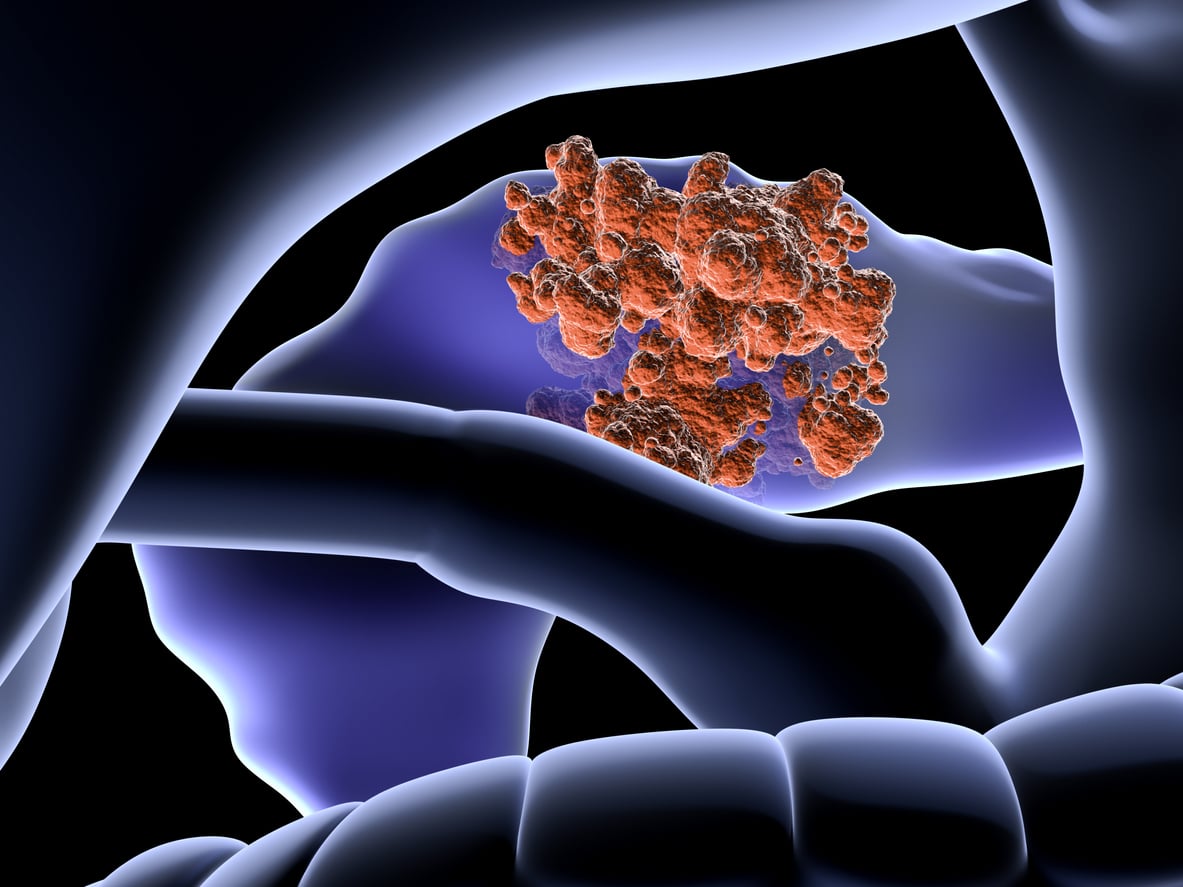
What's the Gallbladder?
The gallbladder can be involved in pancreatitis. The pear-shaped organ lies beneath your liver, in the upper-right of the abdomen. It stores bile, fat, cholesterol, and fluids and aids in digestion. Without this bile, digestion is nearly impossible, and absorption of your stomach contents is difficult. Problems in the gallbladder can lead to gallstones.
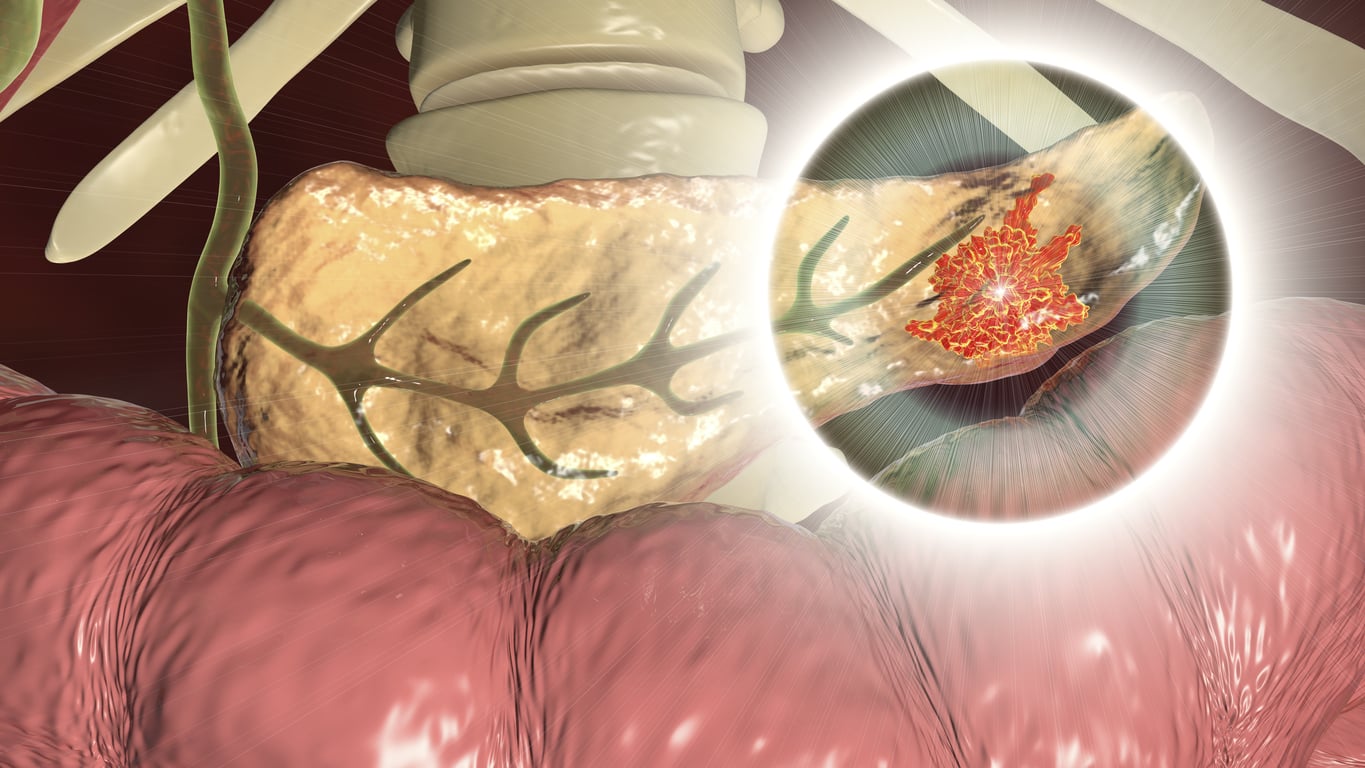
Gallstones and Pancreatitis
Gallstones are stones comprised of the digestive fluid you require to break down the contents of your stomach. If the gallbladder is not emptying correctly, this greatly increases the risk of stone buildup. Gallstones prevent the proper flow of pancreatic enzymes into the small intestine. The enzymes are forced to return to the pancreas, where they cause inflammation that can lead to pancreatitis.
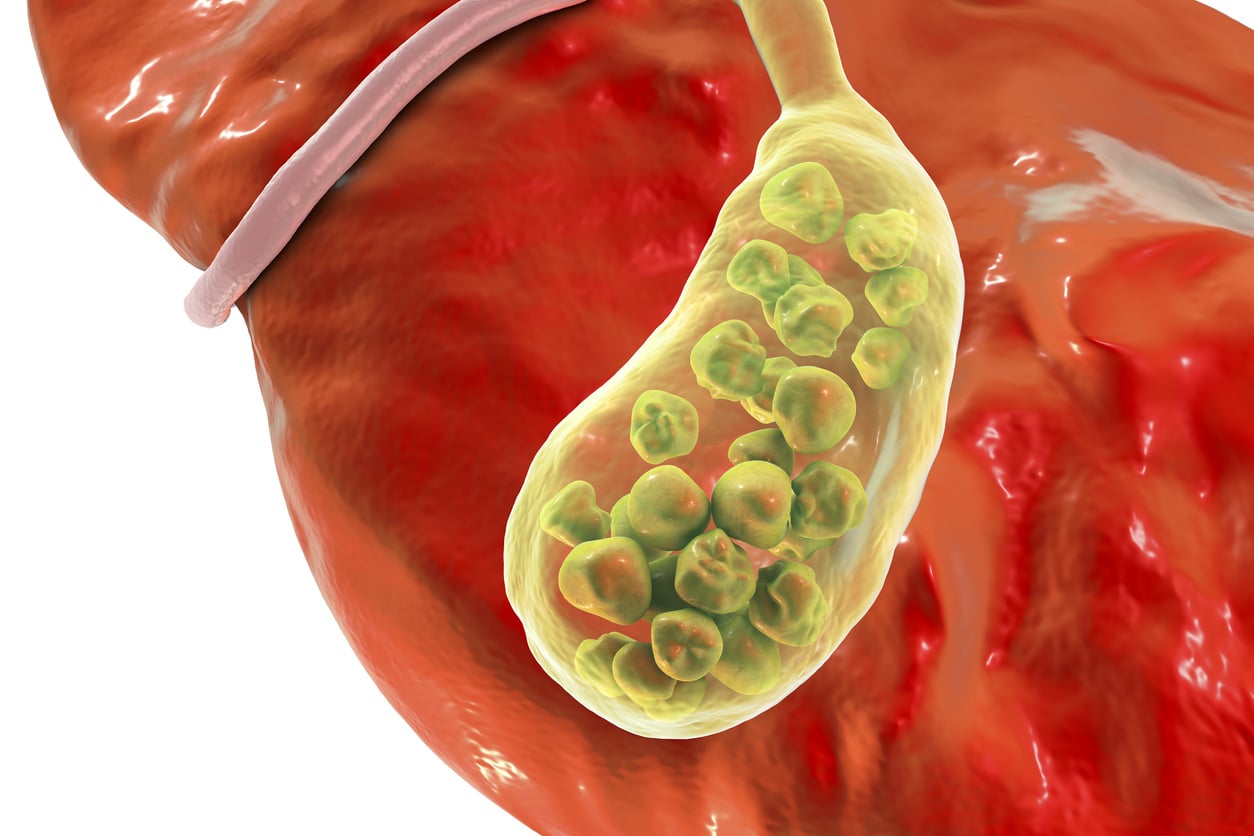
Symptoms of Acute Pancreatitis
While sudden pain in the upper abdomen is a likely symptom of acute pancreatitis, some patients don't experience it immediately. Nausea, vomiting, loss of appetite, a rapid pulse, fever, diarrhea, and jaundice, among other symptoms, may suggest a more significant problem. Pancreatitis is too often ignored and chalked up to the after-effects of a big night out on the town.
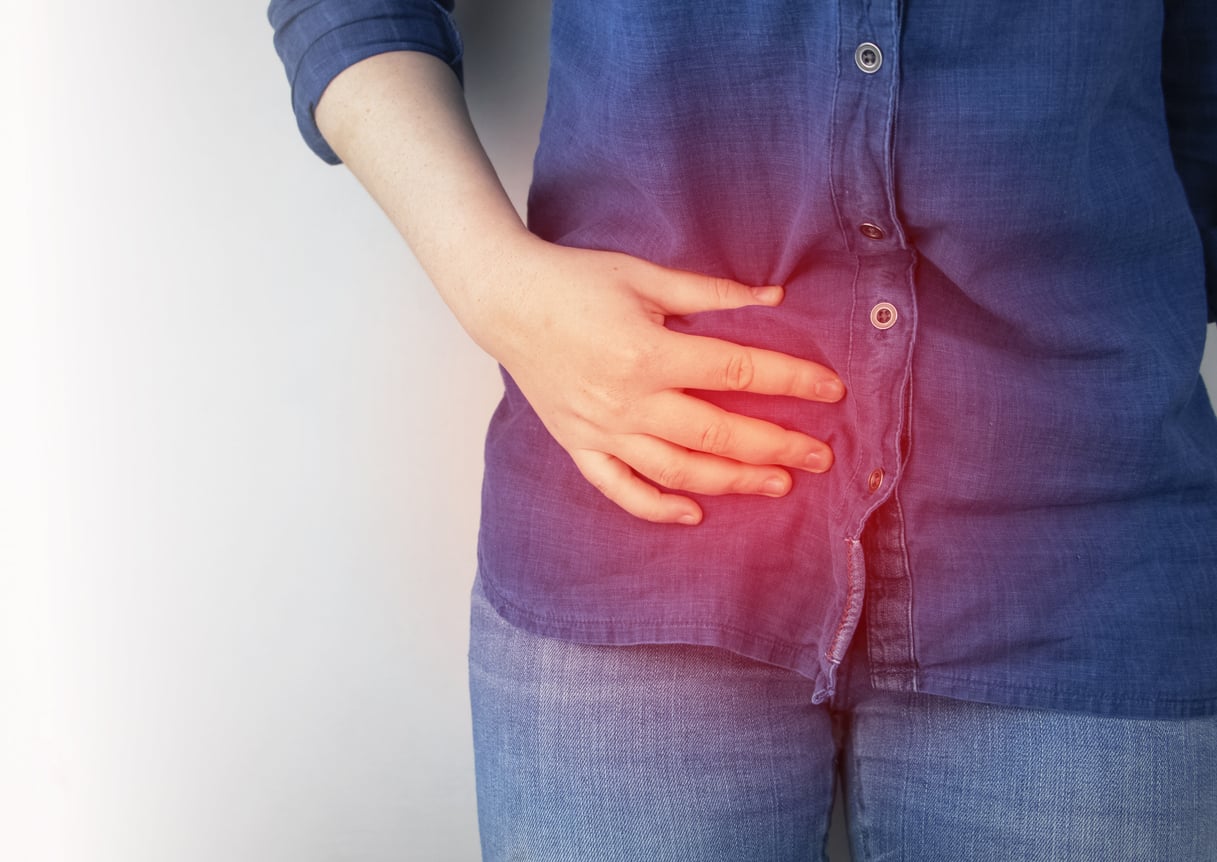
The Link Between Pancreatitis and Alcohol
While gallstones and infections often cause pancreatitis, excessive alcohol consumption appears to be a more likely cause. Over time, alcohol causes the digestive enzyme trypsin to move from an inactive state to an active one while still in the pancreas (as opposed to in the small intestine, where it is intended to go to work). Active trypsin in the pancreas can damage tissues and lead to pancreatitis.
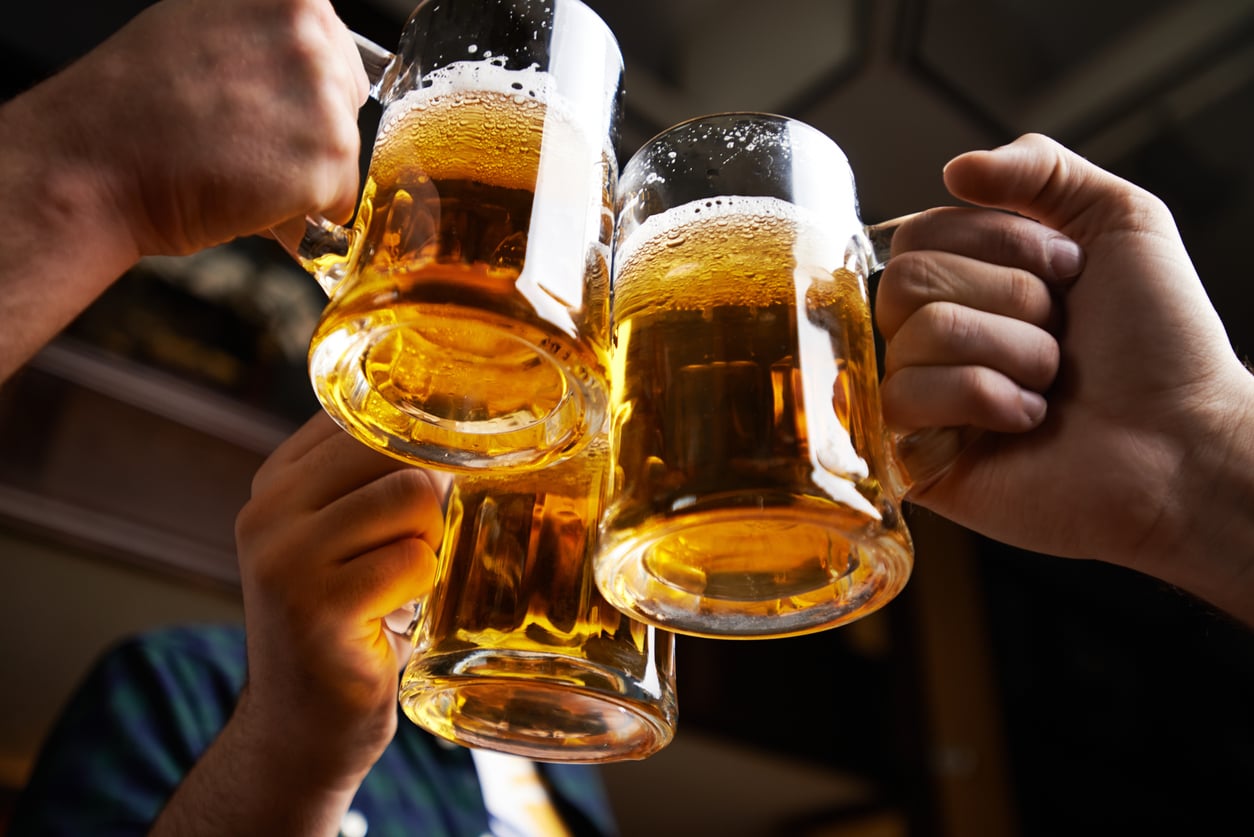
Mild Acute Pancreatitis?
A "mild" case of pancreatitis is still fairly serious and treatment essentially involves making sure that your body is still able to function. This may mean painkillers, IVs, bowel rest, nasogastric tubes to remove excess liquids, and a hospital stay of nearly two weeks. Such a diagnosis usually means the condition has been caught in time.
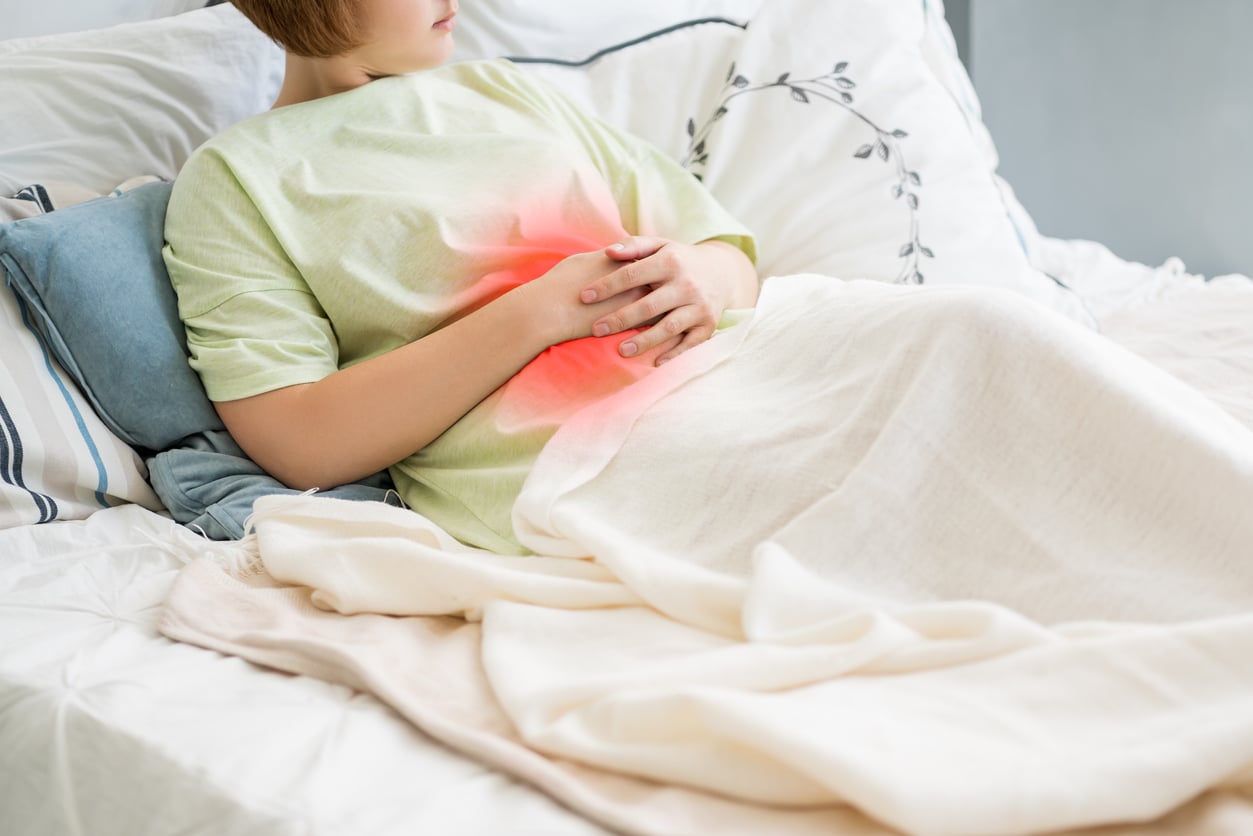
Severe Pancreatitis?
Tissue death is never a good thing, but severe pancreatitis almost guarantees it. Sepsis is a serious concern and quite common. Hypovolemic shock may well lead to ventilation equipment to keep you alive. Organ failure is another issue that many patients face as doctors look to fight infection, keep you hydrated, and try to save your pancreas.
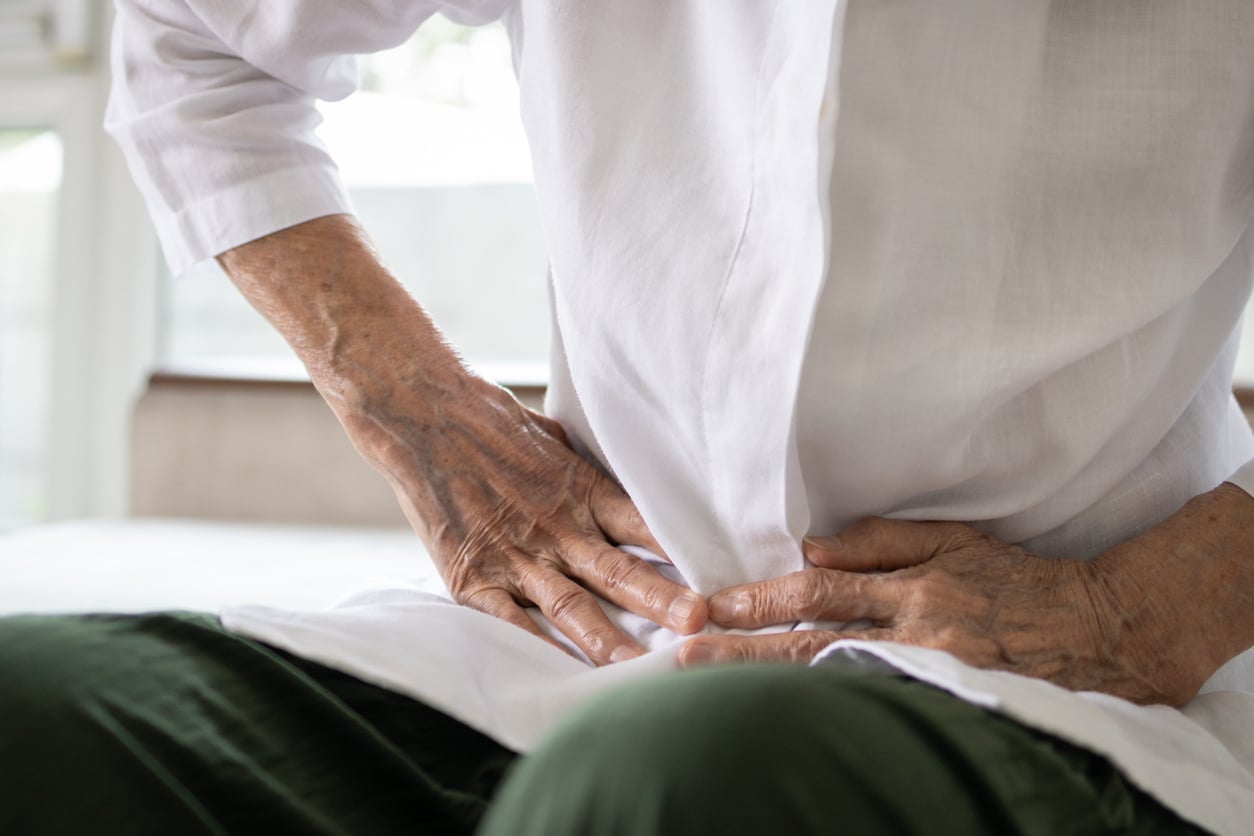
Preventing Acute Pancreatitis
As with many other things in life, moderation, exercise, and diet are the keys to success. So much of acute pancreatitis seems to be based on alcohol consumption that it verges on foolish to ignore this cause and effect. Perhaps the best way to prevent pancreatitis and other complications of the pancreas is to keep alcohol consumption to a minimum, especially if you know you already possess other risk factors.
